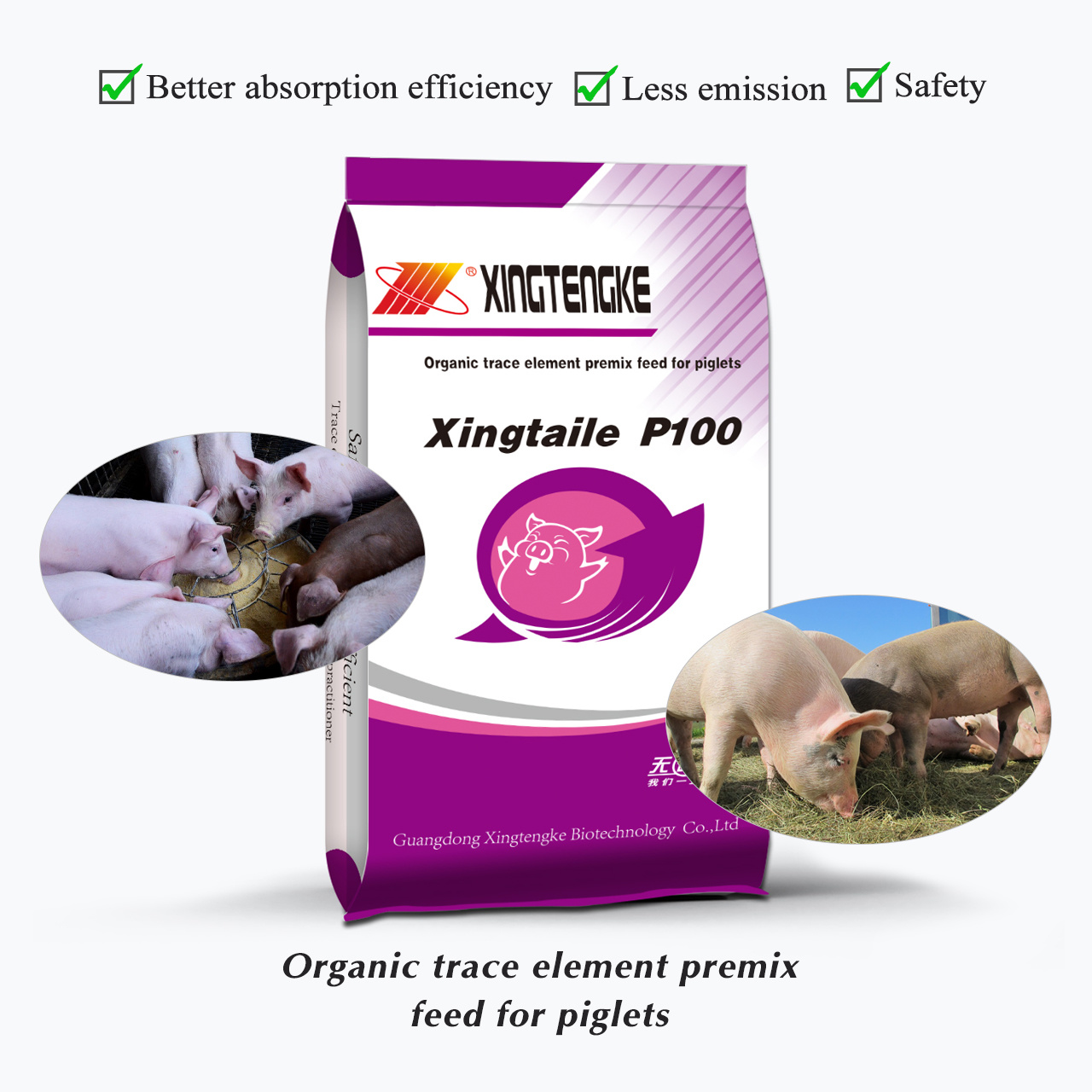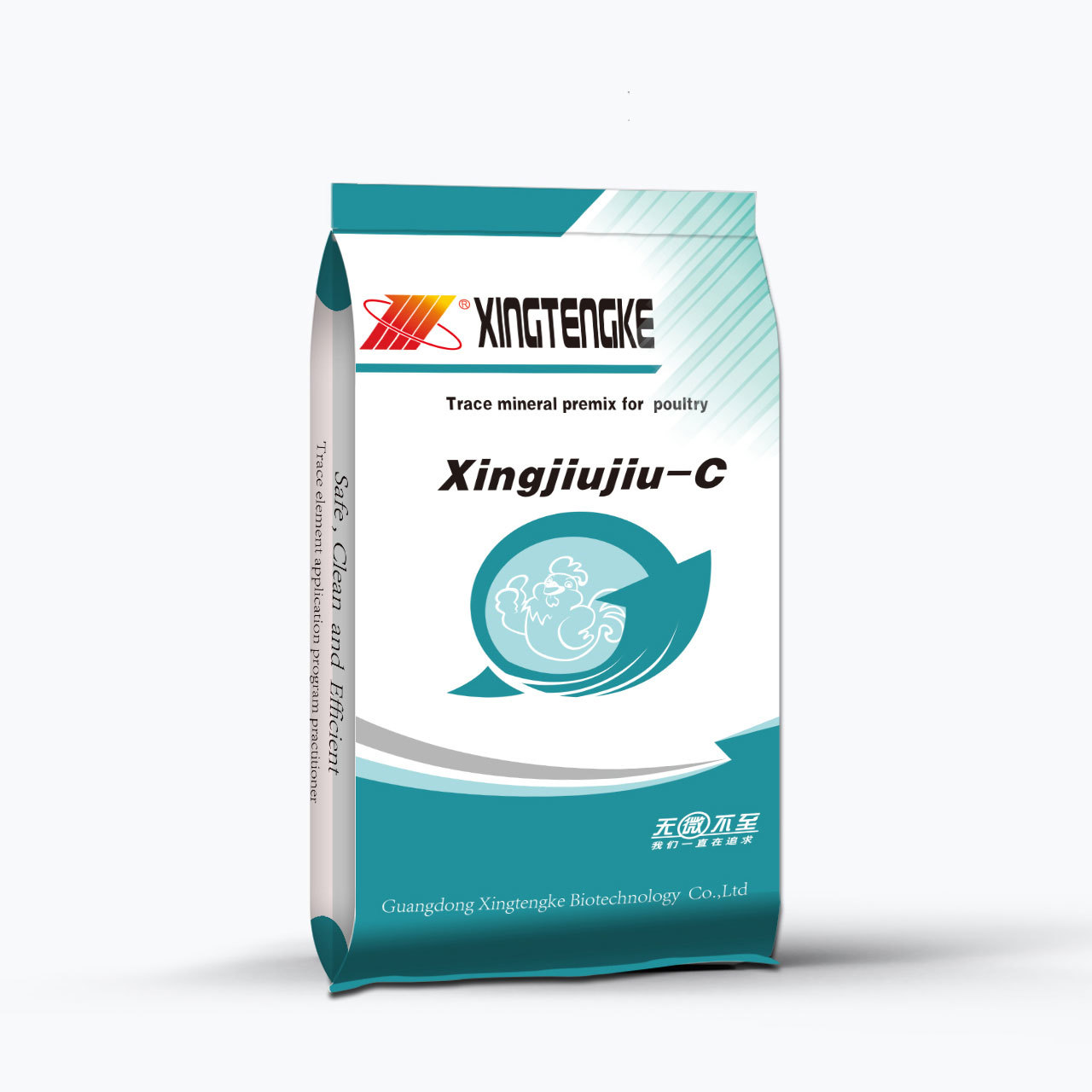The Importance of Trace Minerals in Swine Feed for Optimal Health and Growth
Release time:
2025-09-05 14:09
Source:
Trace minerals are vital components in swine feed that contribute significantly to the overall health and productivity of pigs. While swine may require these minerals in small quantities, their impact on growth, immune function, and reproduction is profound. Essential trace minerals include zinc, copper, manganese, selenium, and iodine, each serving distinct and critical roles in a pig's physiological processes.
Zinc, for instance, is known for its role in immune function and skin health. It helps in the synthesis of proteins and DNA, which are essential for growth and repair. Furthermore, zinc deficiency can lead to issues such as poor skin condition and increased susceptibility to infections, making it pivotal to ensure adequate intake through swine feed.
Copper is another essential trace mineral that aids in iron metabolism and helps prevent anemia—a common condition in growing pigs. It is also crucial for the development of connective tissues, ensuring strong bones and overall structural integrity in the growing animal. Without sufficient copper, pigs may experience growth retardation and weakened immune responses.
Manganese plays a significant role in bone formation and reproductive health. This mineral is vital for enzyme activation that supports various metabolic processes. Deficiencies in manganese can lead to skeletal abnormalities and reproductive failures, which can severely impact herd productivity.
Selenium, although required in minute amounts, is a powerful antioxidant that helps protect cells from oxidative stress. It is also essential for proper immune function and thyroid hormone metabolism, influencing growth and overall health. A lack of selenium in swine feed can lead to complications such as white muscle disease, which affects muscle structure and function.
Iodine is crucial for the synthesis of thyroid hormones, which regulate metabolism and energy levels in pigs. Iodine deficiency can result in goiter and other metabolic disorders, highlighting the need for balanced mineral supplementation in swine diets.
In summary, incorporating trace minerals into swine feed is not merely a nutritional choice; it is essential for ensuring the health and productivity of pigs. These minerals support various physiological functions, from immune response to reproductive health, and play a crucial role in preventing deficiency-related disorders. By understanding the importance of trace minerals in swine feed, livestock producers can better manage their herds' health and optimize growth, leading to improved outcomes in their operations. Thus, ensuring that swine receive a balanced diet rich in trace minerals is an investment in both animal welfare and farm profitability.
Zinc, for instance, is known for its role in immune function and skin health. It helps in the synthesis of proteins and DNA, which are essential for growth and repair. Furthermore, zinc deficiency can lead to issues such as poor skin condition and increased susceptibility to infections, making it pivotal to ensure adequate intake through swine feed.
Copper is another essential trace mineral that aids in iron metabolism and helps prevent anemia—a common condition in growing pigs. It is also crucial for the development of connective tissues, ensuring strong bones and overall structural integrity in the growing animal. Without sufficient copper, pigs may experience growth retardation and weakened immune responses.
Manganese plays a significant role in bone formation and reproductive health. This mineral is vital for enzyme activation that supports various metabolic processes. Deficiencies in manganese can lead to skeletal abnormalities and reproductive failures, which can severely impact herd productivity.
Selenium, although required in minute amounts, is a powerful antioxidant that helps protect cells from oxidative stress. It is also essential for proper immune function and thyroid hormone metabolism, influencing growth and overall health. A lack of selenium in swine feed can lead to complications such as white muscle disease, which affects muscle structure and function.
Iodine is crucial for the synthesis of thyroid hormones, which regulate metabolism and energy levels in pigs. Iodine deficiency can result in goiter and other metabolic disorders, highlighting the need for balanced mineral supplementation in swine diets.
In summary, incorporating trace minerals into swine feed is not merely a nutritional choice; it is essential for ensuring the health and productivity of pigs. These minerals support various physiological functions, from immune response to reproductive health, and play a crucial role in preventing deficiency-related disorders. By understanding the importance of trace minerals in swine feed, livestock producers can better manage their herds' health and optimize growth, leading to improved outcomes in their operations. Thus, ensuring that swine receive a balanced diet rich in trace minerals is an investment in both animal welfare and farm profitability.
swine feed trace minerals









